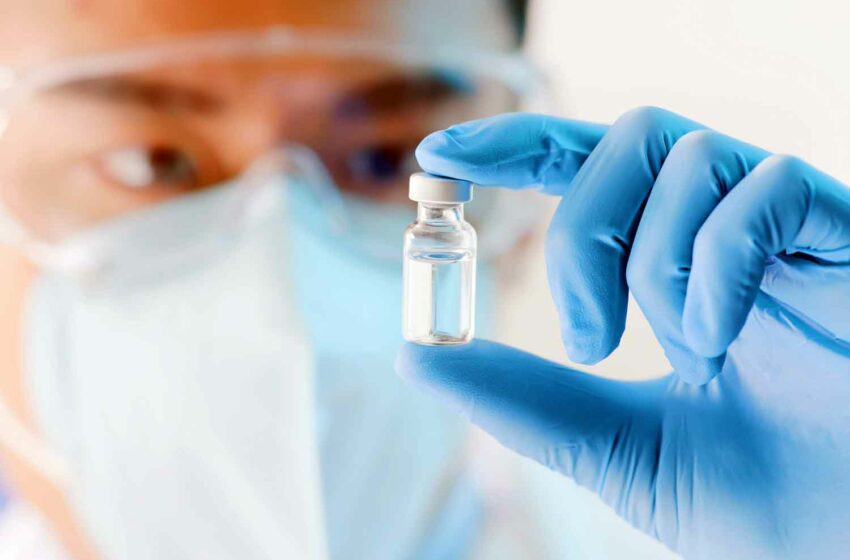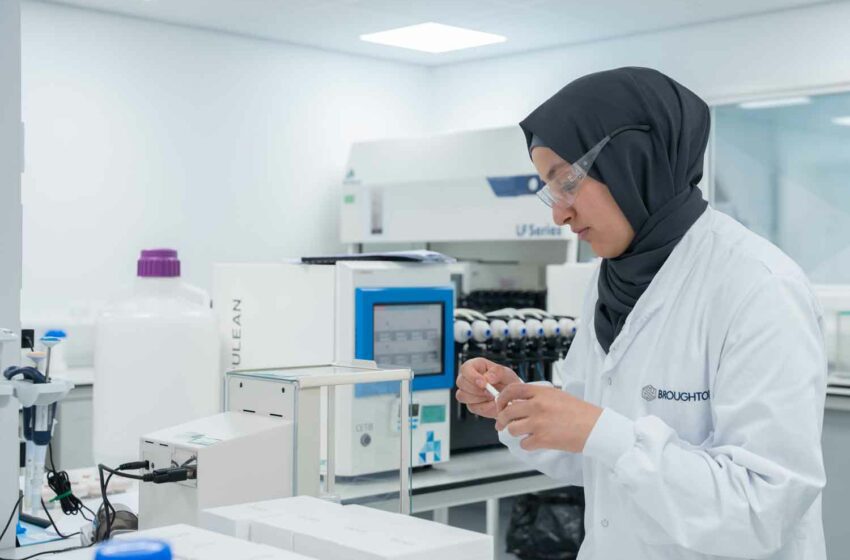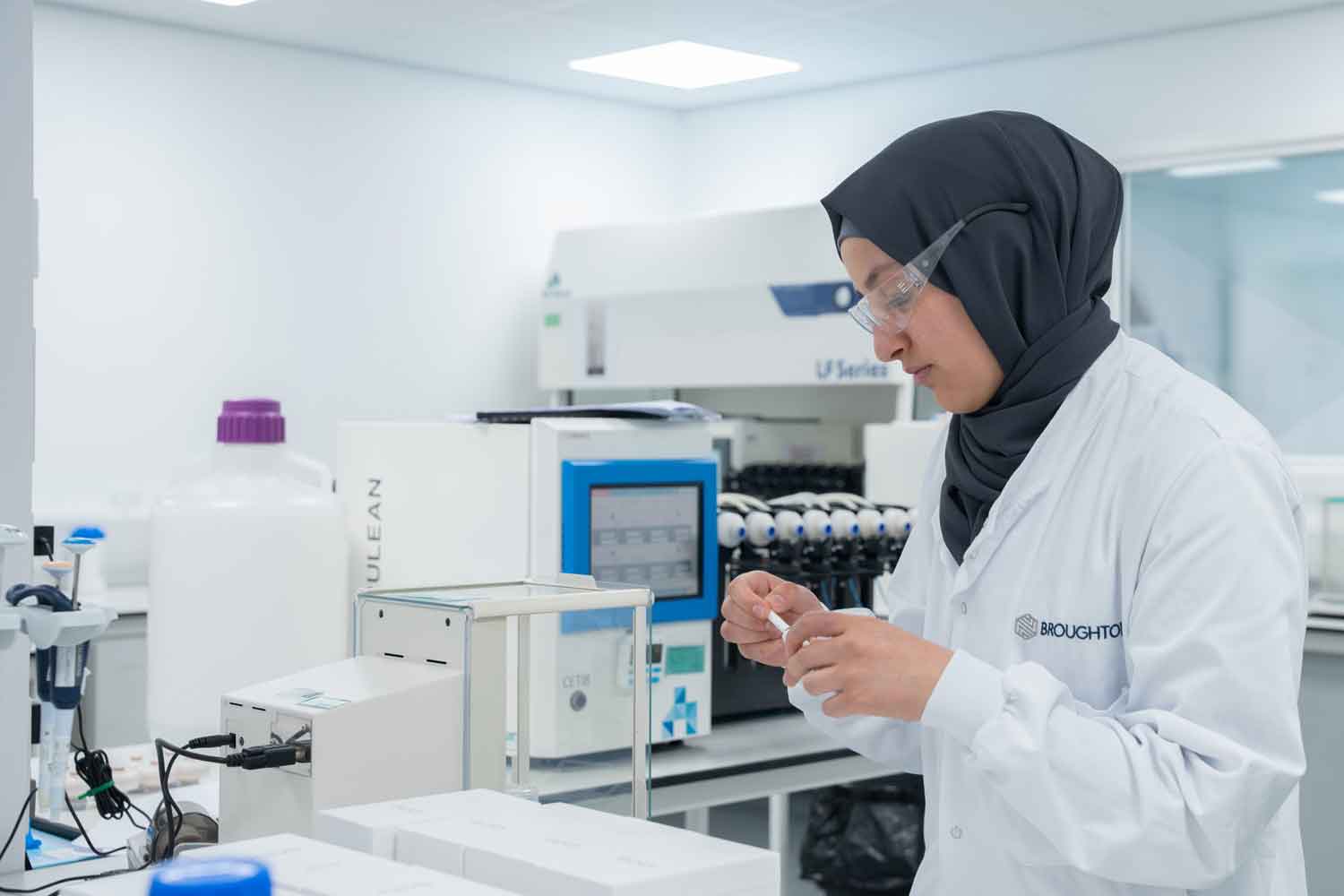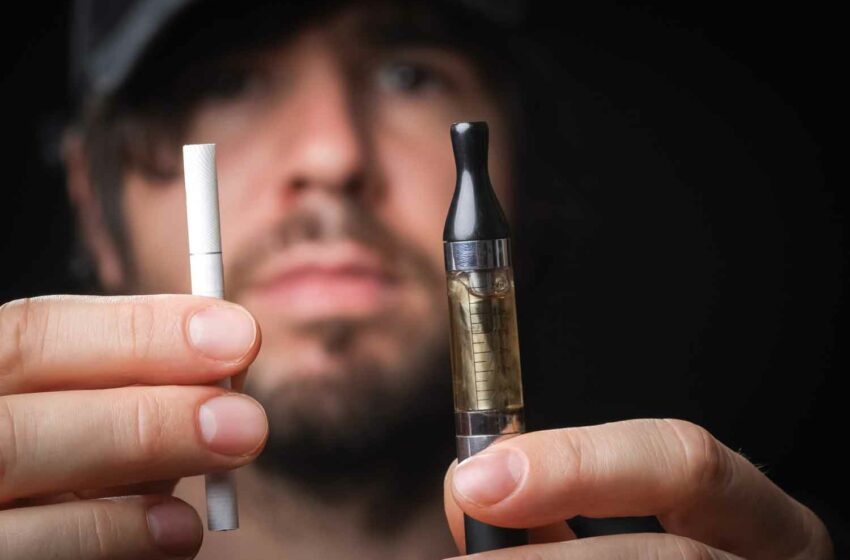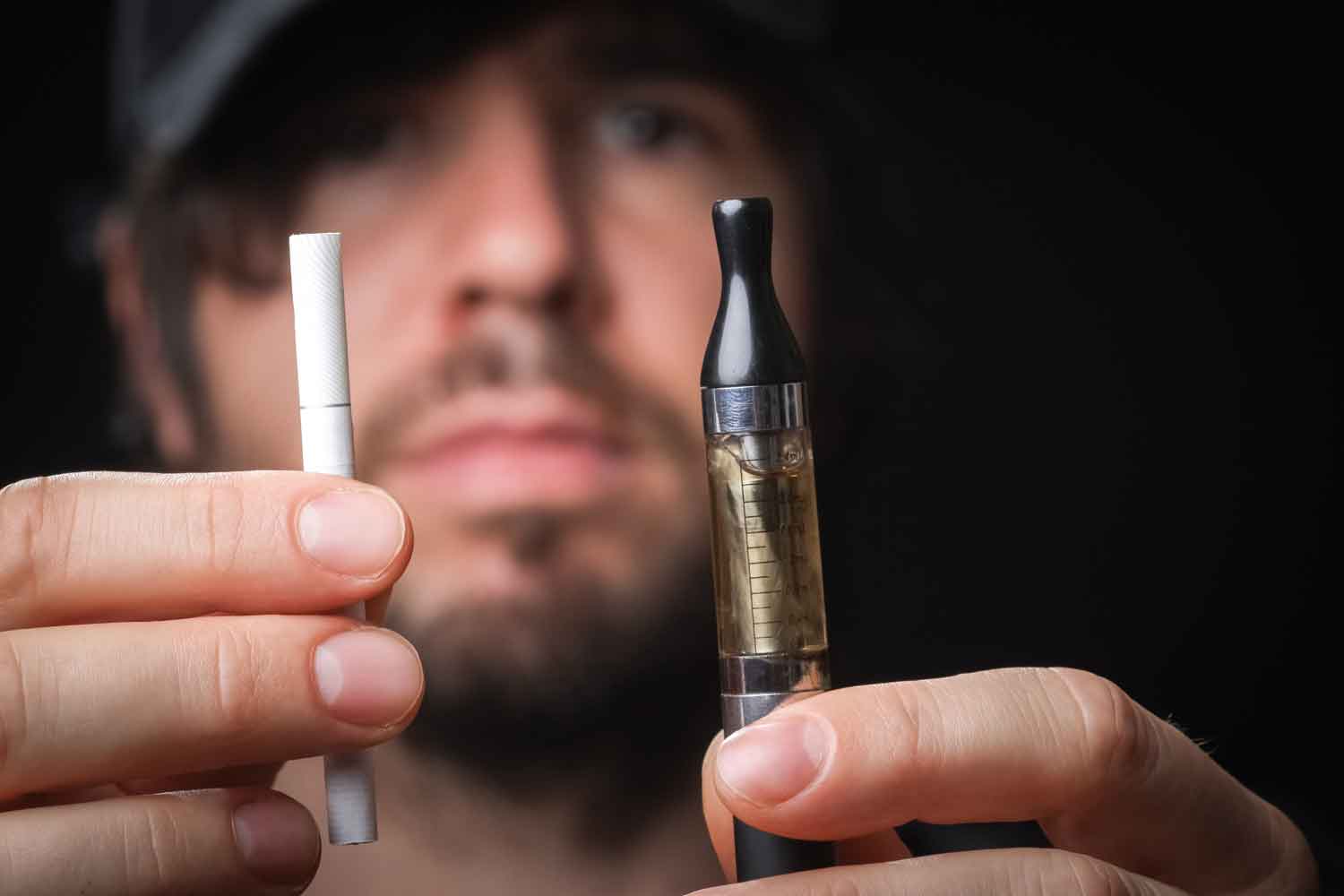
The Cooperation Centre for Scientific Research Relative to Tobacco (CORESTA) concluded its 2024 congress today.
Hosted by BAT at the Edinburgh International Convention Centre, the congress opened Oct. 13 with 500 delegates, world-leading experts from member and nonmember organizations from more than 30 countries, attending. The theme was “Advancing Tobacco Harm Reduction Through Scientific Collaboration.”
According to BAT, the event facilitated international dialogue on best practices in scientific research related to tobacco and nicotine alongside highlighting research findings and outcomes from CORESTA members.
Danni Tower, group head of science and regulatory affairs at BAT, delivered the opening keynote speech, outlining the progress BAT has made in driving forward the tobacco harm reduction agenda. Tower called for more effective scientific collaboration in critical areas.
All public health agencies, including WHO, should engage with CORESTA scientists to accelerate change.
Derek Yach

“The CORESTA Congress demonstrates the importance of collaboration amongst the entire scientific community to fully realize the public health opportunity of tobacco harm reduction,” said Tower in a statement. “We are proud to have hosted such an important event and strongly believe that positive global change is possible if all stakeholders recognize the potential of THR.
“To achieve this, more open conversations like those we have had this week are needed across the scientific and regulatory landscape, which is why we have recently launched Omni—Forward Thinking for a Smokeless World—an open, evidence-based platform built on leading scientific research.”
“Presentations at CORESTA demonstrated scientific advances underway in using new approaches to accelerate tobacco harm reduction,” said keynote speaker Derek Yach. “These extend from the use of genomics in agricultural sciences to the development of biomarkers in actual use studies and the application of AI tools to advance our knowledge of causes and effectiveness of interventions. All public health agencies, including WHO, should engage with CORESTA scientists to accelerate change.”




